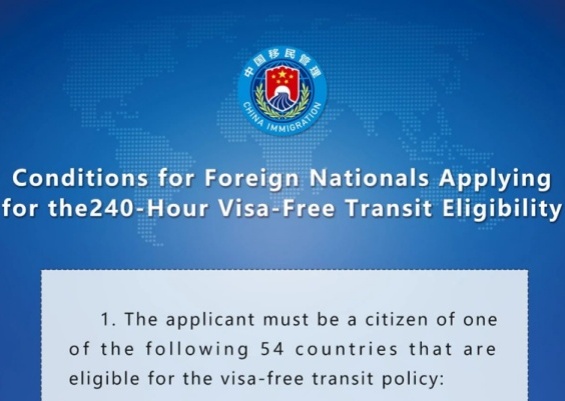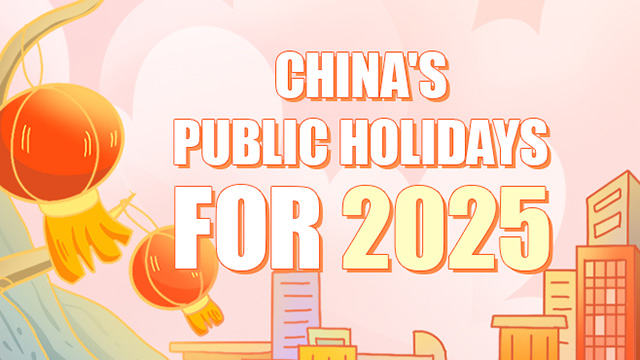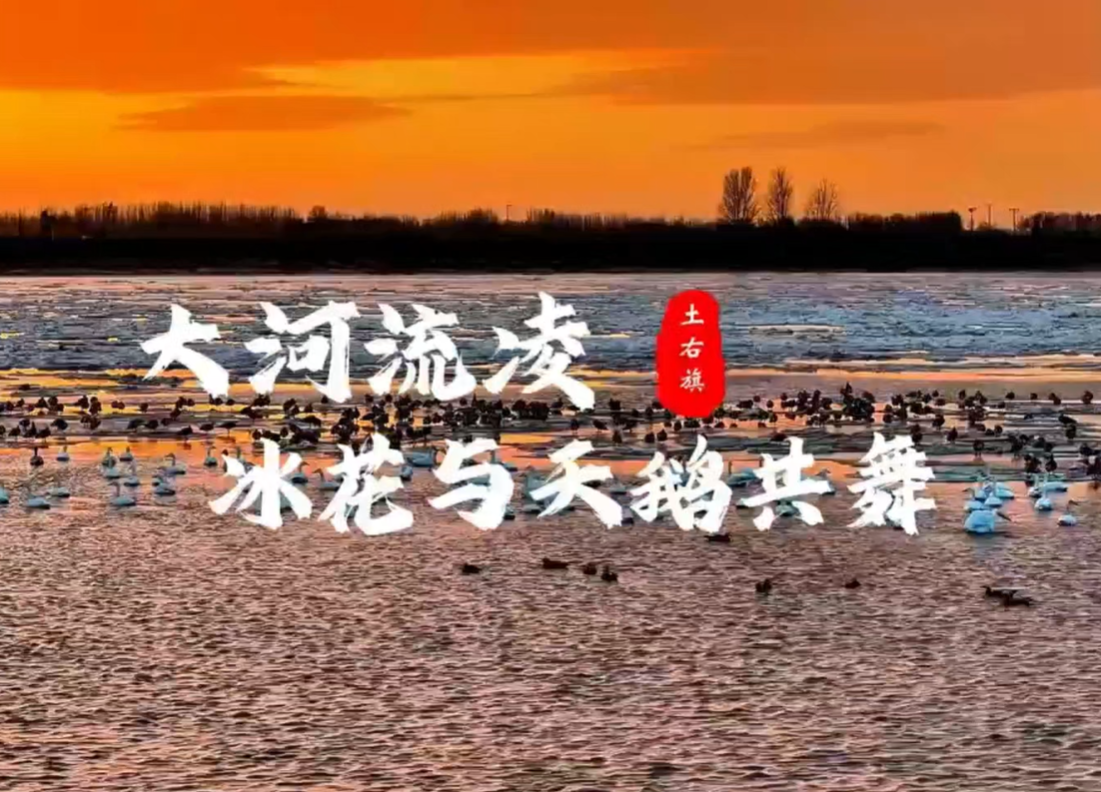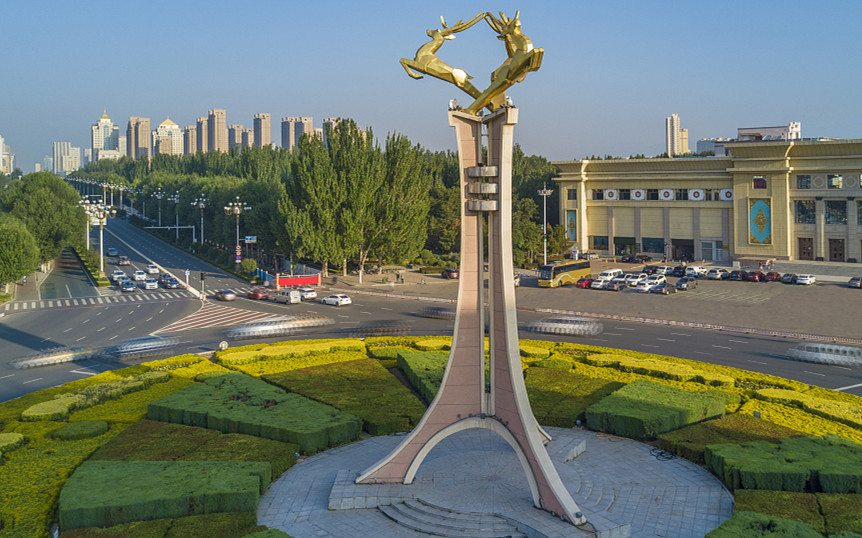Baotou emerges as national model for water conservation
As a key industrial hub in China's arid north, Baotou has implemented a comprehensive water management system that has become a benchmark for sustainable development in water-scarce regions.
Baogang Group's 400-million-yuan ($54.80 million) wastewater treatment project saves three million cubic meters of water annually through advanced desalination technology, while the photovoltaic sector has achieved 95 percent cooling water reuse through closed-loop systems. These industrial upgrades contribute to more than 20 million cu m in savings per year.
Agricultural reforms have transformed irrigation practices, with 24,000 mu (1,600 hectares) of farmland now using drip irrigation systems that boost water efficiency by 40 percent. The city's 16 reclaimed water projects, representing a 4.12-billion-yuan investment, have dramatically increased reuse rates from 15 percent to 55 percent, creating a reliable water source for urban and industrial needs.
Urban water networks have undergone smart upgrades, including 38.7 kilometers of pipeline replacements and AI-powered monitoring systems that reduced leakage to a remarkable 7.03 percent. The innovative water rights trading platform has facilitated the reallocation of 57.47 million cu m of water to high-priority users through 18 major transactions.
These coordinated measures have not only solved Baotou's chronic water shortages, but also supported its transition to advanced manufacturing, which demonstrates how systemic water management can contribute to both economic growth and environmental sustainability.





 Ice floats & swans in Baotou
Ice floats & swans in Baotou